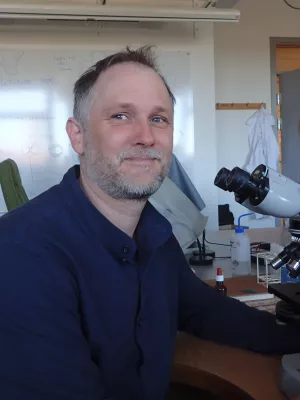
Karl Ljung
Universitetsadjunkt

The human dimension of biodiversity changes on islands
Författare
Summary, in English
Islands are among the last regions on Earth settled and transformed by human activities, and they provide replicated model systems for analysis of how people affect ecological functions. By analyzing 27 representative fossil pollen sequences encompassing the past 5000 years from islands globally, we quantified the rates of vegetation compositional change before and after human arrival. After human arrival, rates of turnover accelerate by a median factor of 11, with faster rates on islands colonized in the past 1500 years than for those colonized earlier. This global anthropogenic acceleration in turnover suggests that islands are on trajectories of continuing change. Strategies for biodiversity conservation and ecosystem restoration must acknowledge the long duration of human impacts and the degree to which ecological changes today differ from prehuman dynamics.
Avdelning/ar
- Kvartärgeologi
- BECC: Biodiversity and Ecosystem services in a Changing Climate
- MERGE: ModElling the Regional and Global Earth system
- Geologiska institutionen
Publiceringsår
2021-04-30
Språk
Engelska
Sidor
488-491
Publikation/Tidskrift/Serie
Science
Volym
372
Issue
6541
Dokumenttyp
Artikel i tidskrift
Förlag
American Association for the Advancement of Science (AAAS)
Ämne
- Ecology (including Biodiversity Conservation)
Aktiv
Published
ISBN/ISSN/Övrigt
- ISSN: 0036-8075

